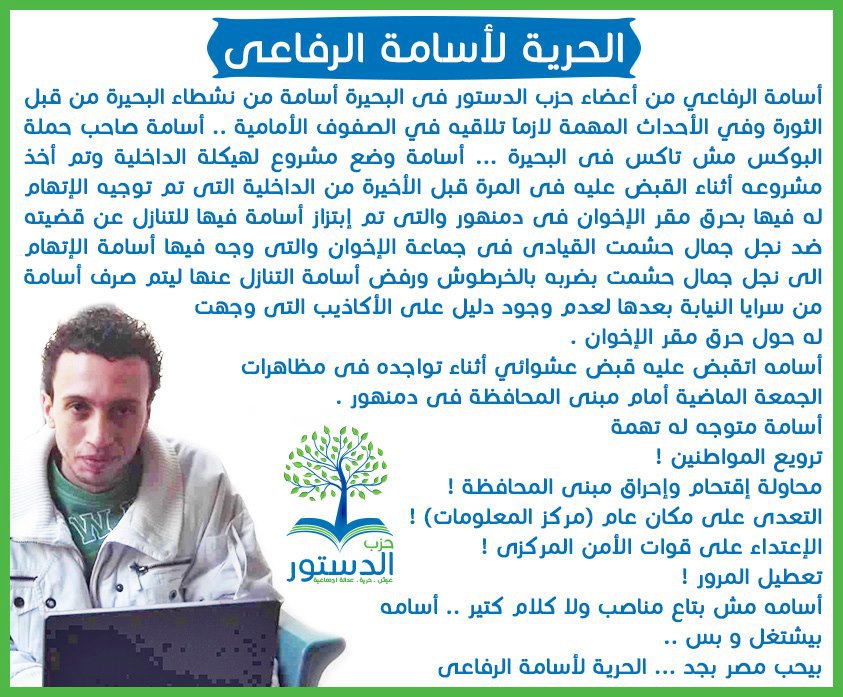GENEVA: Frozen talks on reducing barriers to global commerce could be revived and brought to a successful conclusion by the end of 2007, World Trade Organization chief Pascal Lamy said on Thursday. Lamy said that he still believed it was possible for the 149 trading nations which make up the WTO to overcome their differences, despite bitter disputes that forced the suspension of the so-called Doha Round negotiations in July. The round could be concluded before the end of 2007. It s still doable, Lamy said in an interview with AFP. However, he said, for such an outcome to be possible, trade negotiators will need to kickstart the stalled talks and reach a framework deal by the spring which bridges major gaps, particularly in the vexed area of farm trade. By mid-March at the latest there will need to be enough on the table to finish the round. In other words a deal on agriculture, which will lead to a deal on industrial goods, which will in turn lead to a deal on services, said Lamy. Trade negotiators would then need six months to fine-tune the accord, filling in the details of how trade reforms would apply to each country and each product. The Doha Round of multilateral trade talks began in the Qatari capital at the end of 2001, with the goal of reducing subsidies, tariffs and other barriers to commerce and raising living standards in developing countries. But the talks have consistently been dogged by disputes between rich and poor nations, as well among wealthy players such as the United States and the European Union, over the relative concessions required. A compromise among the heavyweights is seen as the key to the round. The talks were suspended after the so-called Group of Six WTO members – Australia, Brazil, the European Union, India, Japan and the United States – failed to settle their spats. Another concern is high in the minds of the trade community: the special negotiating rights of the White House are due to expire next July, and U.S. lawmakers may take back the power to pick trade deals apart, which would be likely to undermine the confidence of other WTO members in anything Washington promises during future talks. Under current rules, the U.S. Congress can only accept or reject the whole of a trade accord. A framework WTO deal by mid-March could convince Congress to renew Washington s negotiating authority, Lamy said.

